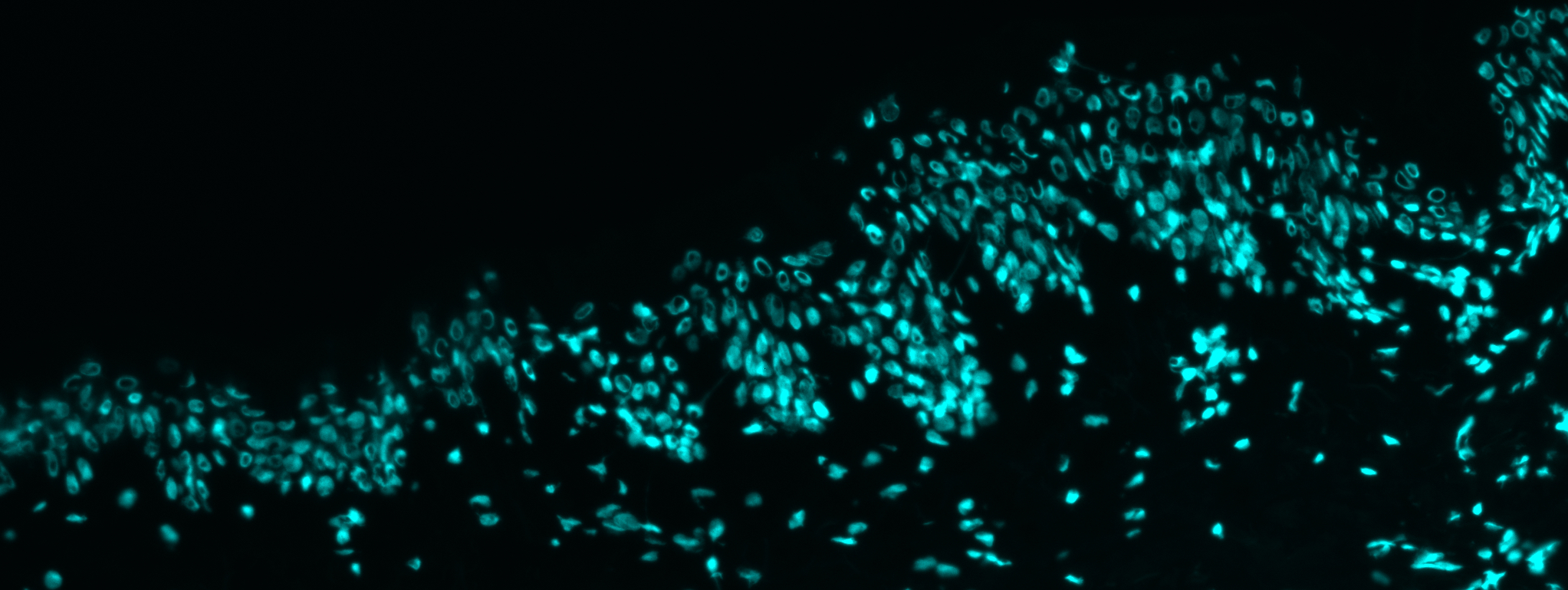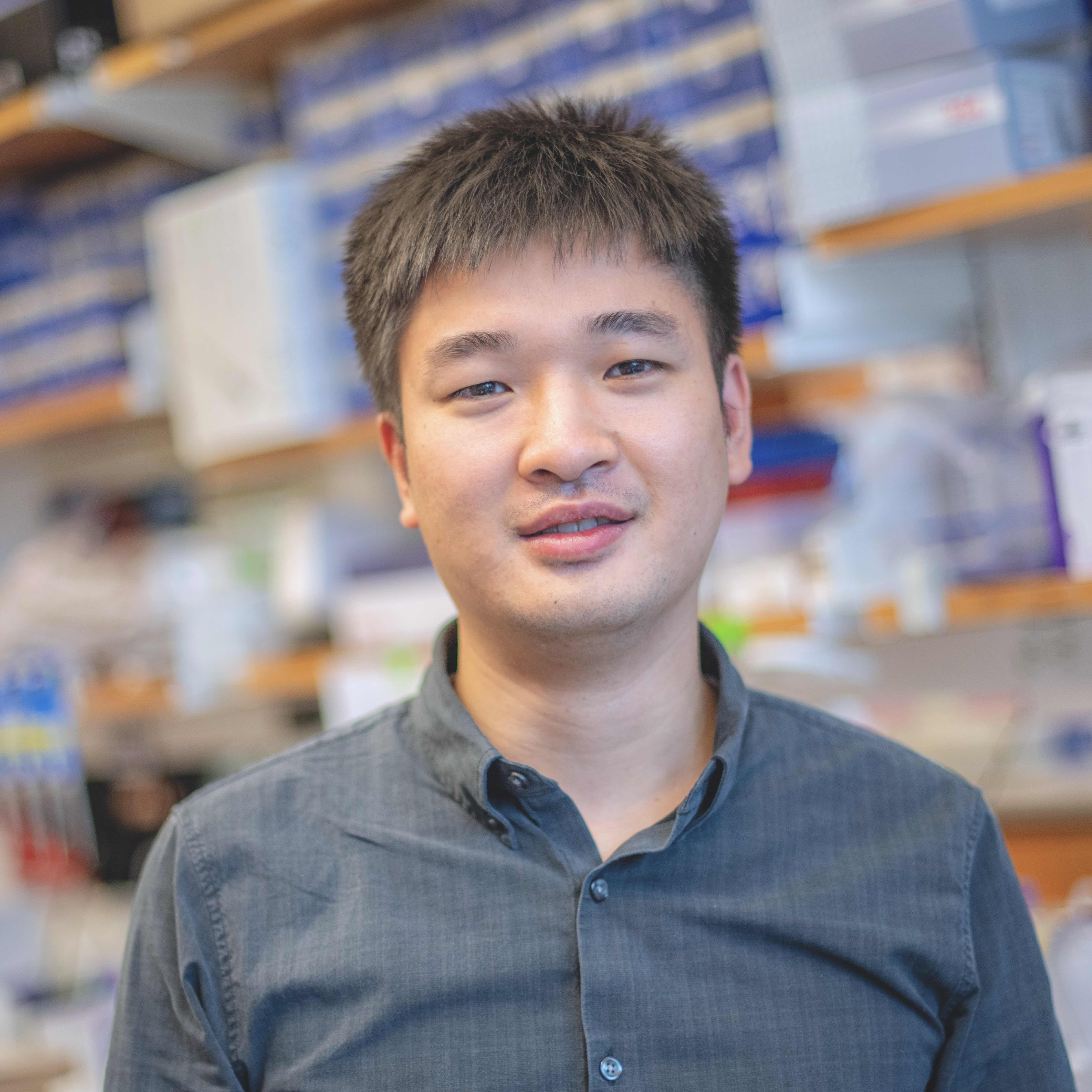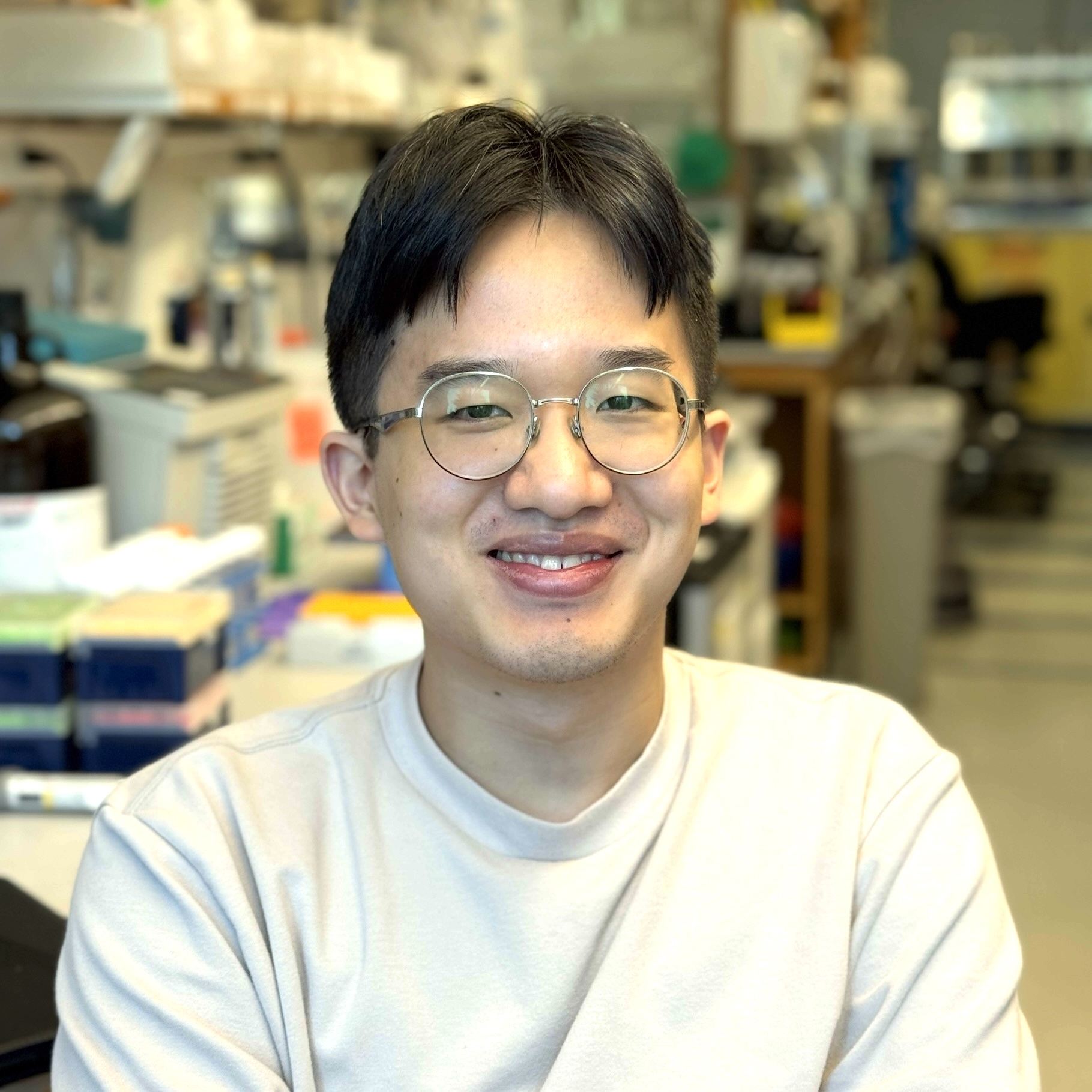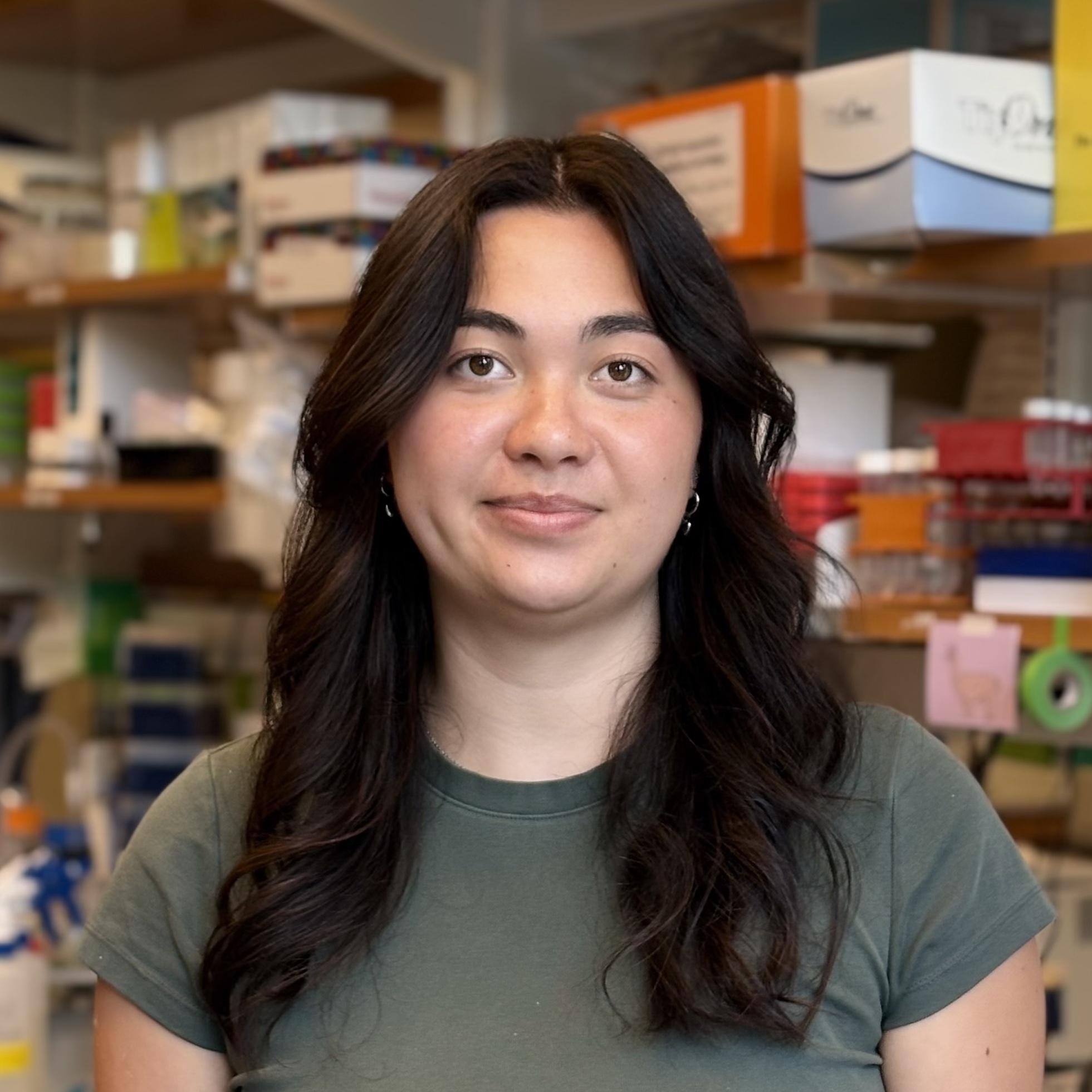
The Tang Lab at UMass Chan Medical School is dedicated to innovating next-generation oligonucleotides to address unmet dermatological needs.
Therapeutic oligonucleotides for dermatological applications
Oligonucleotides, including antisense oligonucleotide (ASOs), splice-switching oligonucleotides (SSOs), small interfering RNAs (siRNAs), aptamers, and antagomirs, are an emerging class of modalities that are transforming the development of medicine.
At UMass Chan, we are pioneering oligonucleotide-based technologies for clinical applications in dermatology. Our recent collaborative efforts (Tang, et al. Nat. Comm. 2023) between the Department of Dermatology and the RNA Therapeutics Institute have led to the siRNA drug targeting JAK1 entering clinical trials for the treatment of the autoimmune skin disease alopecia areata.
The clinical translation of oligonucleotides for dermatological applications requires the development of effective delivery strategies to enable skin penetration, as well as a deep understanding of cutaneous biology at both temporal and spatial resolutions.
The key research areas in the Tang Lab include: (1) Biomedical engineering of oligonucleotides for topical and systemic skin delivery; (2) Mechanistic investigation of the pathobiology of dermatological conditions; (3) Novel RNA-based regulatory mechanisms that contribute to skin health and disease.
Our mission is to bring rationally developed oligonucleotides to millions of patients affected by dermatological diseases. We believe that our expertise at UMass Chan places us at the forefront of making this vision a reality.
Lab members

Qi Tang, Principal Investigator
PhD in Pharmaceutical Sciences, Univesity of Rhode Island

Benjamin K. Chang, GSBS PhD Student in Biomedical Sciences, co-mentored by Dr. Anastasia Khvorova
BS in Biochemistry and Molecular Biology, Pennsylvania State University

Sarah J. Winter, Research Associate I
BS in Biochemistry and Molecular Biology, University of Massachusetts Amherst